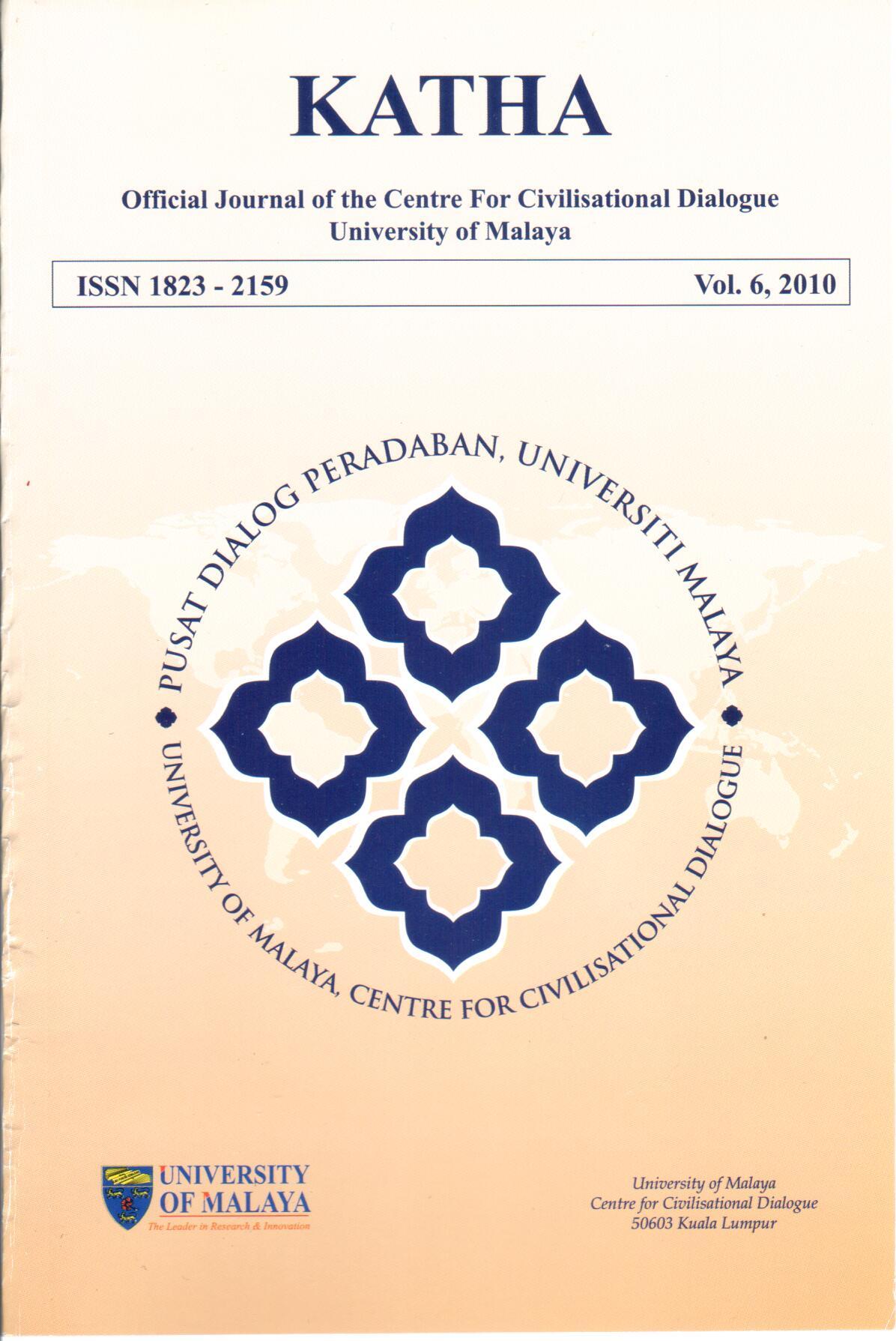Shifts In Cultural Tradition And Values In A Globalized World: Dynamics of Acceptance And Contestation
Abstract
In many parts of Latin America, and throughout the world, the Christmas season is becoming more and more commercialized. Take Country Y, where the Navidad (Christmas) season begins on 12 December with Day of the Virgin of Guadalupe. Sixteen December marks the beginning of the Posadas; 24th and 25th December, commemorate the birth of Jesus Christ. Day of the Holy Innocent – 28 December – memorializes the lives of the firstborn sons lost when King Herod ordered them killed, hoping to destroy baby Jesus. The Epiphany is celebrated in the first days of the new year, and the 6th of January marks the arrival of Three Wise Men to Bethlehem. The whole season is rich in symbolism and tradition which celebrate events surrounding the birth of Jesus. The age-old celebration of the Navidad season extends from 12 December through the 6th of January, a period of long held by the traditional Catholic Church as one of the most sacred seasons of the year.
It seems today that children in the Country Y are more excited about “Christmas,” which appears to means Santa Claus and the arrival of presents – toys which they’ve seen on some sort of media and have convinced parents and relatives to buy for them. Although many families try to keep their children within the traditions of the Navidad season, somehow the allure of the Jolly Fellow in the bright red suit, complete with reindeer and brand name toys, manages to captivate their attention during these times of the years. Santa Claus’ arrival to the region has come, not by reindeer flying through the air; instead he arrived some time ago across international airwaves and through cyberspace into millions of homes throughout the Latin America.
Downloads
Downloads
Published
How to Cite
Issue
Section
License
Articles submitted to the journal should not have been published before in their current or substantially similar form, or be under consideration for publication elsewhere. Authors submitting articles for publication warrant that the work is not an infringement of any existing copyright and will indemnify the publisher against any breach of such warranty. For ease of dissemination and to ensure proper policing of use, papers and contributions become the legal copyright of the publisher unless otherwise agreed. By submitting a manuscript, the author(s) agree that copyright for the article is transferred to the publisher, if and when the manuscript is accepted for publication. However, it can be reprinted with a proper acknowledgment that it was published in KATHA.

This work is licensed under a Creative Commons Attribution-NonCommercial-NoDerivatives 4.0 International License.




